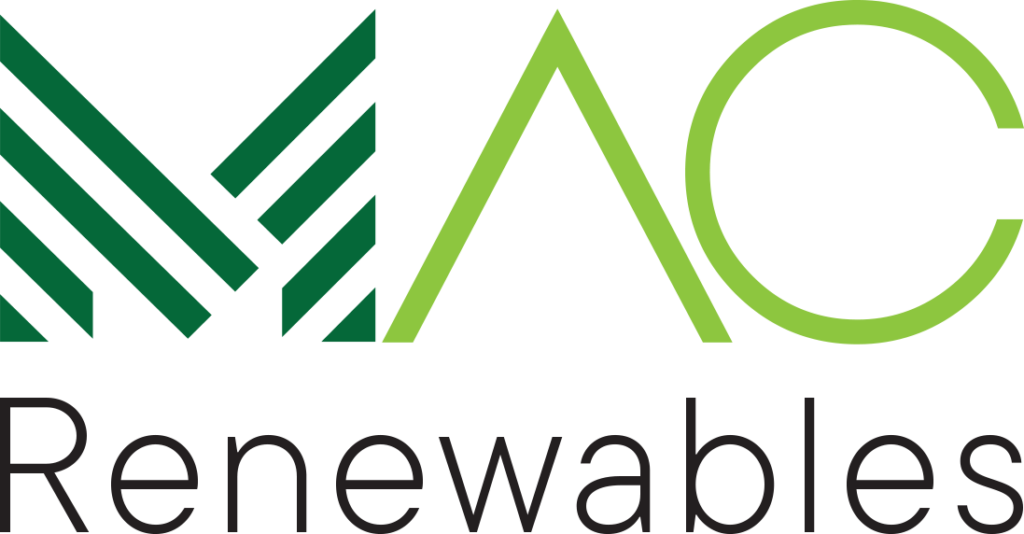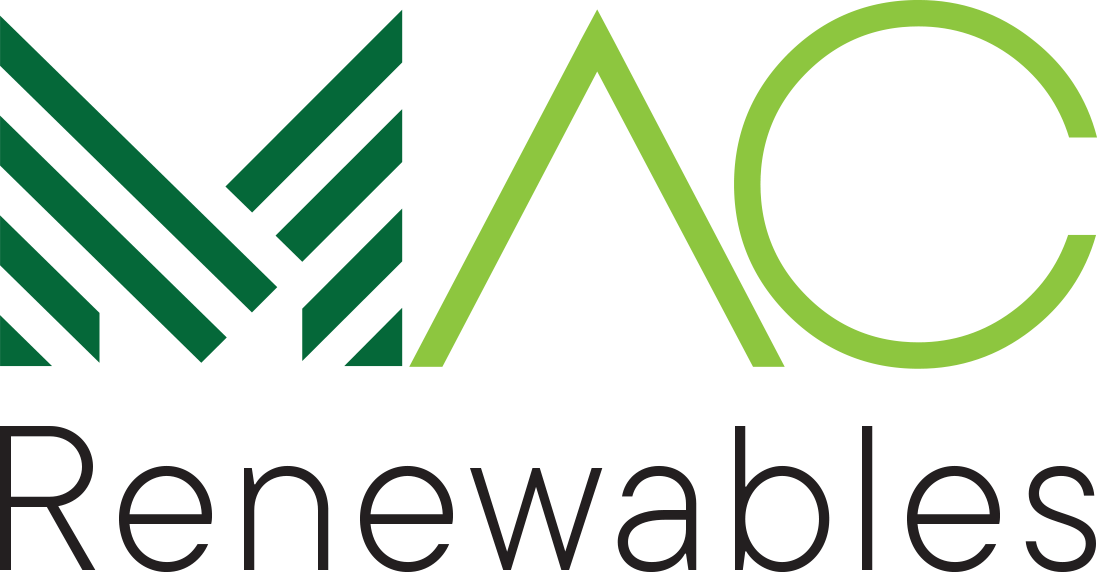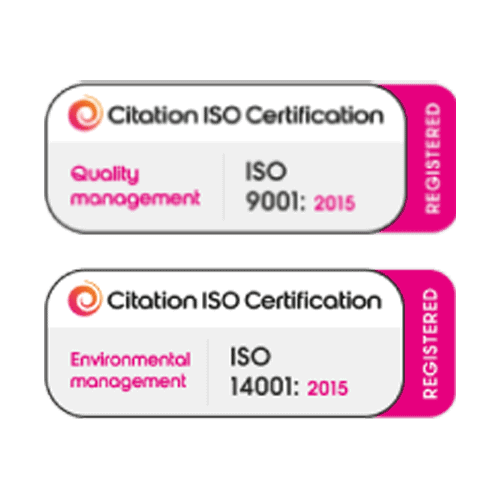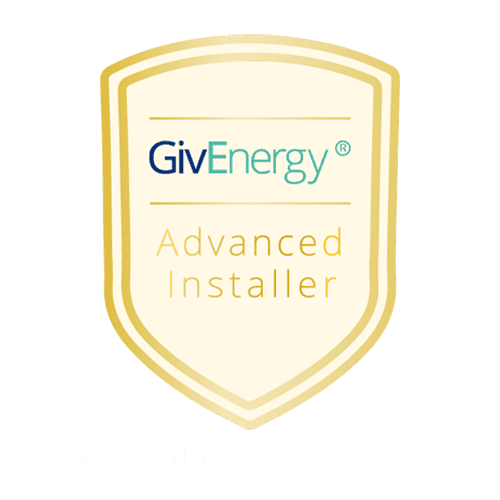Are Solar Panels Worth It
Table of Contents
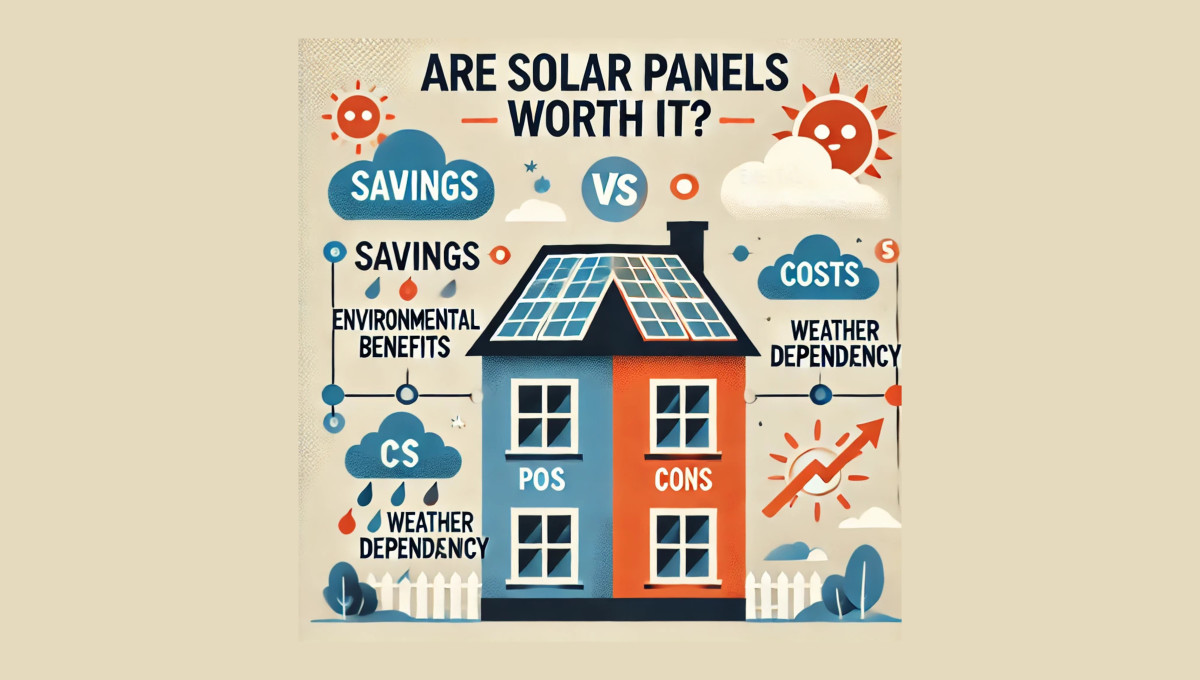
Did you know that installing solar panels can greatly reduce your electricity bills while contributing to a greener planet? If you’re considering this investment, it’s crucial to weigh the initial costs against the long-term financial and environmental benefits. You’ll find that with proper maintenance, these panels can generate consistent energy for about 25 years. But how do you determine if your property is suitable and what financing options are available? Let’s explore whether solar panels truly offer a worthwhile return on investment.
Solar Panel Costs
When evaluating whether solar panels are worth the investment, understanding the initial costs is essential. Solar panel systems generally range between £4,500 and £16,000, depending on the size. Installation fees can vary widely, from £600 to £3,000. However, you can benefit from a VAT discount of up to £1,850, which helps make upfront costs more manageable.
To further ease the financial burden, several funding options are available. The ECO4 program, running until 2026, offers substantial assistance to low-income households, making solar panels more accessible.
Additionally, the Smart Export Guarantee (SEG) can provide some relief by enabling you to save up to £85 annually through exporting excess electricity back to the grid.
The UK’s 0% VAT policy on solar panel installations is another significant financial incentive. This policy reduces the overall cost, making the initial investment more palatable.
Energy Bill Savings
Investing in solar panels can greatly reduce your energy bills, saving up to £630 annually. This significant saving is achieved because solar panels convert sunlight into electricity, reducing your reliance on the grid. With over 1.5 million homes in the UK already harnessing solar power, it’s clear that many homeowners are reaping the benefits of lower energy costs.
Even on gloomy days, solar panels can generate electricity, ensuring continuous energy savings. This reliability means you don’t need perfect weather to see a reduction in your energy bills. The initial cost of installing solar panels in the UK averages around £7,000, but the long-term financial returns can make this investment worthwhile.
Moreover, programs like the Smart Export Guarantee allow you to sell excess energy back to the grid, potentially earning additional income. This turns your home into a small power station, generating not just savings but also revenue.
Essentially, solar panels can lead to substantial reductions in energy expenses while also providing opportunities to earn money, making them a financially sound investment for those committed to energy efficiency and cost savings.
Environmental Impact
By installing solar panels, you’re directly contributing to a notable reduction in greenhouse gas emissions and promoting a sustainable future. Solar panels harness the sun’s energy, which is a renewable resource, and convert it into electricity without emitting harmful pollutants. This shift from fossil fuels to solar energy plays a pivotal role in combatting climate change by lowering the overall carbon footprint.
Solar panels offer a sustainable energy solution, reducing reliance on coal, oil, and natural gas. These traditional energy sources aren’t only finite but also contribute to environmental degradation through mining, drilling, and burning processes. By choosing solar, you’re supporting a cleaner, healthier environment for future generations.
Moreover, the positive environmental impact of solar panels extends beyond individual households. Widespread adoption can markedly decrease national and global greenhouse gas emissions. Each solar panel installation contributes to the collective effort of reducing environmental harm and promoting clean energy alternatives.
In essence, your decision to install solar panels is an investment in a greener planet. It aligns with a vision of environmental stewardship, ensuring that the energy needs of today don’t compromise the ecological health of tomorrow.
Maintenance and Longevity
Maintaining solar panels is crucial to ensure their efficiency and longevity, often requiring simple cleaning and occasional inspections. Regular maintenance involves removing debris, such as leaves and dirt, which can block sunlight and reduce energy output. For areas with heavy snowfall or dust, more frequent cleanings might be necessary to achieve peak performance.
Manufacturers typically provide warranties and guarantees, often covering 25 years or more, which highlight the durability of solar panels. These warranties can offer peace of mind, guaranteeing that any manufacturing defects or issues are addressed promptly. Regular inspections can help identify potential problems early, such as loose wires or damaged panels, allowing for timely repairs.
Proper maintenance practices, such as using soft brushes and non-abrasive cleaning agents, protect the panels from scratches and damage. Additionally, monitoring the system’s performance can alert you to any efficiency drops, prompting further investigation.
The longevity of solar panels means consistent energy generation over decades, making the initial investment more worthwhile. By adhering to a diligent maintenance routine, you’ll maximize the lifespan and efficiency of your solar system, ensuring reliable and sustainable energy production that benefits both your household and the broader community.
Return on Investment
Calculating the return on investment (ROI) for solar panels involves evaluating multiple factors, including system size, energy consumption, and available financial incentives. Larger systems generally offer better returns over time. A typical domestic solar panel system has a break-even point of 9 to 10 years, with ROI ranging from £5,500 to £16,000, depending on your system size.
You can optimize financial benefits by securing the best deal and potentially achieve annual savings of up to £1,005, leading to a payback period of 8 to 10 years.
Energy consumption plays a significant role in this equation. If you consume a lot of energy, you’ll benefit more from installing a larger system, which will amplify your savings and reduce your payback period. Financial incentives, such as government rebates or tax credits, can also positively impact your ROI by lowering initial costs.
Moreover, installing solar panels can increase your home’s value by 6.2% to 6.8%, amounting to an additional £866 to £3,053. This attracts environmentally conscious buyers and offers long-term financial benefits. Ultimately, solar panels provide energy independence and substantial annual savings, making them a wise investment for serving not just yourself but also the environment.
Financing Options
Exploring the various financing options available for solar panel installations can help you make an informed decision that fits your budget and maximizes your investment.
The initial cost of solar panels ranges from £4,500 to £6,000 depending on the system size, with installation costs varying between £600 and £3,000. Thankfully, several financial support mechanisms can ease this burden.
- ECO4: This scheme runs until 2026 and provides assistance to low-income households, helping to offset upfront costs.
- 0% VAT Policy: This policy can offer a VAT discount of up to £1,850, reducing the overall expense to a large extent.
- Smart Export Guarantee (SEG): By selling excess energy back to the grid, you can save up to £85 annually, adding another layer of financial benefit.
- Bank Loans: Personal or green loans from banks can cover initial costs, allowing you to pay over time with manageable monthly installments.
- Government Grants: Various local and national grants are available to support renewable energy projects, making solar panel installation more accessible.
Property Suitability
Determining your property’s suitability for solar panels involves carefully evaluating factors like roof angle, shading, available space, and structural integrity.
Start by examining your roof’s angle and orientation. Best performance is often achieved with a south-facing roof at a 30-40 degree angle. However, east or west-facing roofs can also produce substantial energy.
Next, assess shading. Trees, buildings, or other obstructions that cast shadows on your roof can greatly reduce solar panel efficiency. Use online tools or consult with a professional to analyze sunlight exposure throughout the year.
Available space is another important consideration. Make sure you have enough unobstructed roof area to install a sufficient number of panels to meet your energy needs. Typically, a standard residential installation requires 300-400 square feet.
Structural integrity shouldn’t be overlooked. Your roof must be capable of supporting the additional weight of solar panels. An MCS-accredited installer can conduct a thorough evaluation to confirm this.
Pros and Cons
When evaluating the advantages and disadvantages of solar panels, it’s important to assess both the financial and environmental impacts.
Solar panels can greatly decrease your electricity bills and even generate revenue through the Smart Export Guarantee scheme. They also aid in reducing your carbon footprint, contributing to a more sustainable future. Additionally, solar panels offer energy independence by capturing sunlight to generate electricity, making you less dependent on the grid.
However, there are some obstacles to take into account. The initial installation expenses are substantial, which can pose a challenge despite available grants and subsidies. Performance can vary depending on factors like location and weather conditions, impacting the overall efficiency and return on investment. Ensuring you hire reputable professionals for installation is crucial to maximize the benefits and longevity of your solar panels, which typically last around 25 years.
Here’s a brief overview of the pros and cons:
- Pros:
- Reduced electricity bills
- Potential revenue through the Smart Export Guarantee scheme
- Decreased carbon footprint
- Energy independence
- Long lifespan (around 25 years)
- Cons:
- High initial costs
- Performance variations
- Reliance on quality installation
Frequently Asked Questions
What Does Martin Lewis Say About Solar Panels?
Martin Lewis advises you to contemplate solar panels for their potential savings on energy bills, earnings through schemes, and environmental benefits. He stresses understanding costs, payback periods, and available incentives before making a decision.
Are Solar Panels Worth Having in the Uk?
You’ll find solar panels in the UK worthwhile due to significant annual savings, government incentives, and increased property value. They even perform well in cloudy weather, making them a smart, eco-friendly investment for your home.
Is There a Downside to Solar Panels?
Yes, there are downsides to solar panels. You’ll face high initial costs, potential efficiency issues due to shading or weather, and the need for regular maintenance. Ensuring a quality installation is also essential to avoid future problems.
Is It Worth Getting Solar Panels in 2024?
In 2024, you’ll find solar panels a wise investment. With costs between £4,500 to £6,000, break-even in 9-10 years, and increased home value, their benefits outweigh downsides, especially with available financial support options.
Conclusion
So, dear reader, if you delight in paying exorbitant electricity bills and adore your carbon footprint, by all means, avoid solar panels.
Keep ignoring the potential savings, environmental benefits, and the chance to stick it to the energy companies.
Who needs energy independence when you can rely on the grid’s whims?
For the rest of us, investing in solar panels is a no-brainer, offering financial returns and a cleaner conscience.
But hey, to each their own, right?
